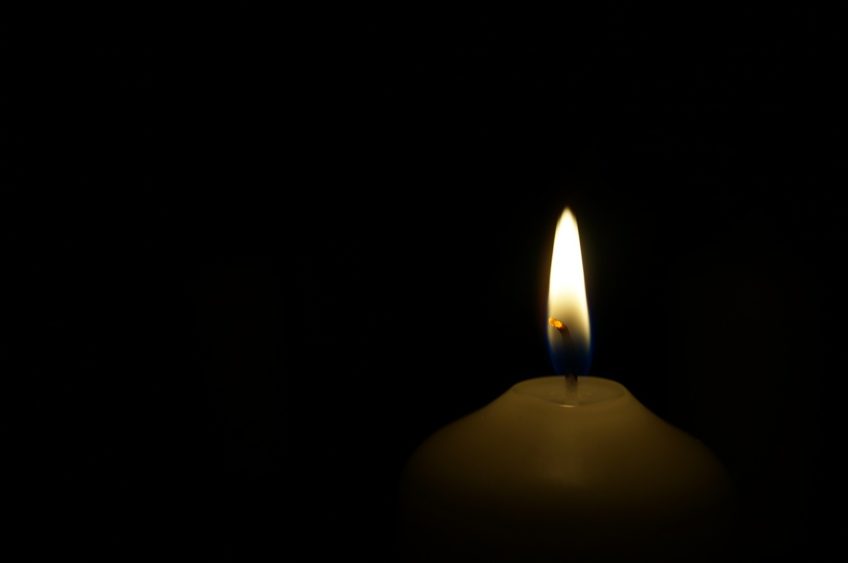I wrote this weeks ago, but fell into a rhythm of weddings, road trips, packing, and more packing. It feels great to shift my focus back here!
Although it may not have had the intended effect, I am thrilled that I decided to spend a month without artificial light. In April, I watched the documentary “The City Dark” which postulates about our transition from a daytime-nighttime cycle, to a kerosene/candlelit nighttime environment, and finally, to a world filled with incandescent and fluorescent light. Our transition has affected every species on the planet, but we are most prepared to study these effects. By and large, we choose to ignore them, even though they are readily apparent.
Knowing this, my roommate and I embarked on a month without artificial light between sunset and sunrise. We unscrewed the light in the refrigerator, abstained from using our iPhones or computers after the sun was down, and navigated our apartment using candles. We didn’t even spill that much wax. My hope was that our circadian rhythm would somehow return to a more healthy state, but I see now that a month may not be long enough. We both had some of the best nights of sleep we have ever had, coupled with a few truly tumultuous nights of unrest. In the end, I didn’t feel like I had enough data to support why my sleep differed on a nightly basis. The experiment did, however, allow us to experience (to a certain extent) how generations before us have lived and how technology influences all aspects of our lives.
With my main hypothesis dashed to pieces, I realized that a myriad of other benefits could still be drawn from my experience this past month. I could talk about my transition to writing in my journal, our lower electricity bills, our new TV habits, but I’ll focus on the most obvious: unplugging from technology every night before bed. Regardless of my few fitful nights of sleep, I can assure you that the ritual of shutting my phone down at 8:00 PM every night allowed me to shift effortlessly into sleep. I was not distracted and my mind was less tempted to wander off onto Facebook, Instagram, or endless Googling. I felt more peaceful and far more centered.
Unplugging also allowed us to focus the time we had on each other. We were not constantly checking phones or mindlessly wandering the web, we were present for one another. Some nights we spent hours lying on the floor talking. Other nights, we went for walks around New Bern. Others still were spent on the hammock watching the stars come out. Even when we had guests over, they left feeling that the candlelight had not been an imposition, but an enhancement.
Strangely enough, my roommate and I experienced mornings in wildly different ways. Since last spring, I have been waking up at 4:45 AM and headed into work to do some accessory lifting before starting the day. This May, I found it nearly impossible to motivate myself or even to wake up simply with candlelight. In the end, this generally meant that I did more sleeping, which was fine by me as my volume increased at the gym anyways. My roommate, on the other hand, consistently woke up with the sun and loved it.
Once June rolled around, I started to think about how I would transition back to nights that could potentially be filled with electronic productivity, social media, or movies. One of the first times I realized a change was when I returned the refrigerator light bulb to its home. Its brightness shocked me, as did the lights in the bathroom, and the living room. When we stayed up late watching a movie, I struggled falling asleep. I realized that I conditioned myself to prefer less light than standard wattages and that my body liked the gentle transition to sleep provided by candles. As a result, we continued to use candles to light most of our rooms. I will probably also have a few in the Element, assuming I can figure out how not to burn the place down…
If I learned anything from a month of semi-darkness, it is that unplugging from our reliance on electronics is something that everyone should try out.



One Response
Jean Cronon
Maybe this kind of experience will help you as you walk those 200 miles and sleep in the B&B’s.